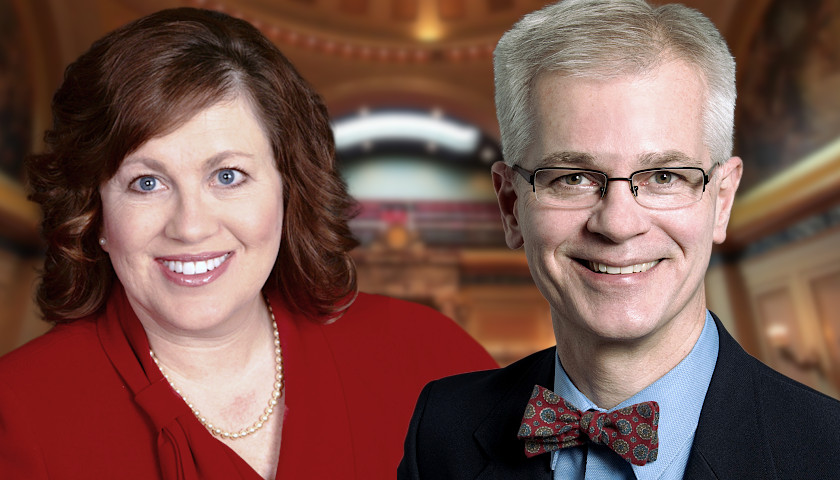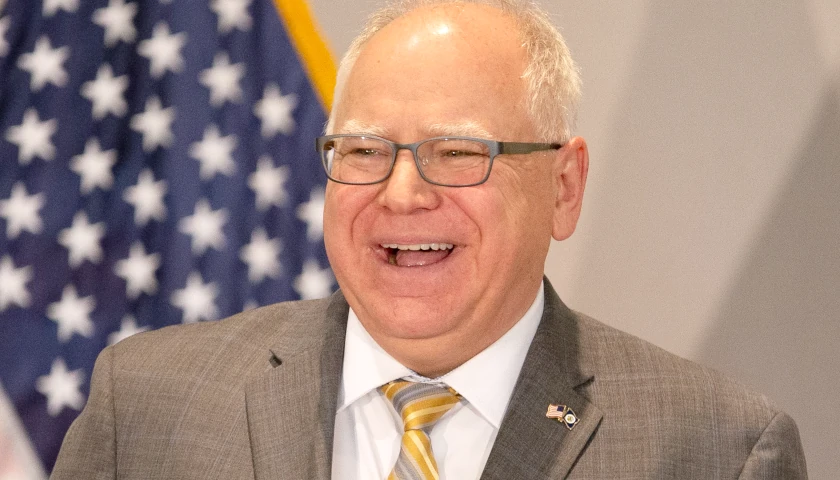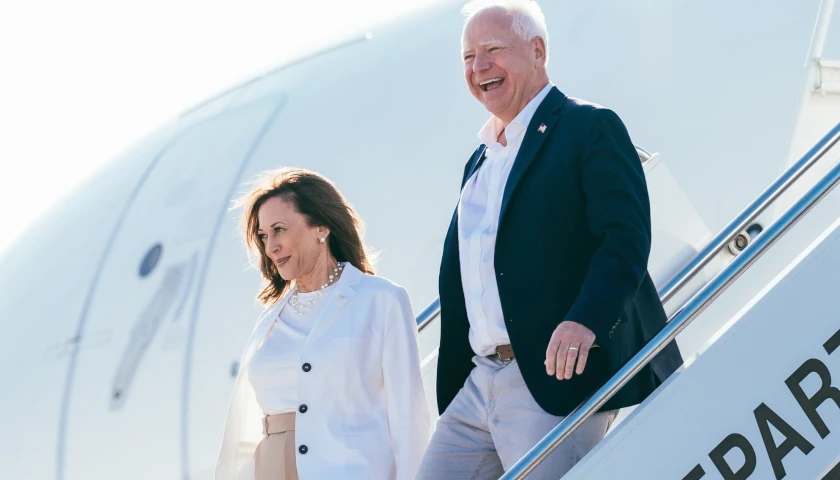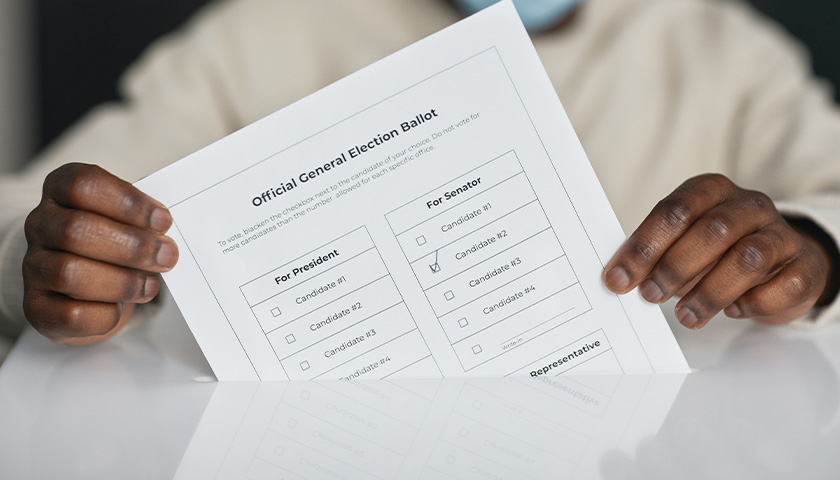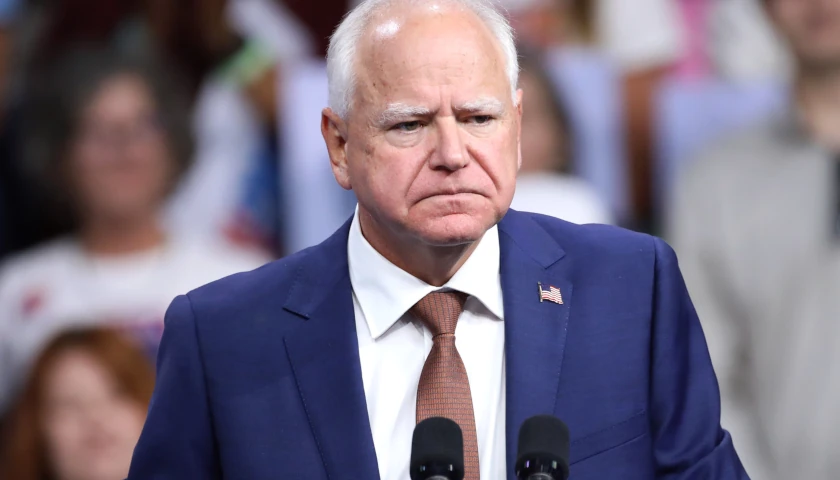With the May 20 end of session looming, Minnesota lawmakers remain far apart on reaching a deal on the next state budget.
The House and Senate each passed their own spending plans, and a conference committee began meeting late last week to hash out differences over a 1,043 page House Omnibus bill that increases spending on health and human services and has drawn criticism from both sides of the aisle.
Budget talks broke off late Monday.
The Senate version of the bill is significantly shorter, and while it calls for no increased taxes and focuses on reform measures, it still spends $1.6 billion more than the current budget, which ends June 30.
Omnibus bills involve legislation that contain more than one substantive issue, or several minor issues combined as one bill.
When criticized over the length of the omnibus bill, House Speaker Melissa Hortman said, “I fought hard in private negotiations with Sen. [Paul] Gazelka for us to have an education policy bill, an environment policy bill, a health policy bill, an elections policy bill, an energy policy bill. And he prefers that we put those things in the larger public bills.”
Sen. John Marty, DFL-Roseville, said there is no legal way for these massive bills to reflect the entire content in the title, which the state constitution demands. Article IV, Section 17 says, “No law shall embrace more than one subject, which shall be expressed in its title.”
For several years, Marty has considered legally challenging the Legislative process for ignoring the state constitution’s single-subject rule. Bundles of provisions jammed into single bills “is not a good lawmaking process and it does not serve the people well,” he’s argued.
He and eight other DFL members filed a formal protest letter in 2017 arguing that, “Packing unrelated policy provisions and riders into single bill violates the constitution and ‘is injurious to the public.’”
“We are not interested in casting blame; we are demanding change,” the letter stated. “The people of Minnesota deserve a better lawmaking process. The constitution demands it.”
Despite their protest, the same process has been followed this year for the next biennium.
The House Health and Human Services bill increases the state’s basic welfare grant for the first time since 1986, addresses fraud-related issues within the Child Care Assistance Program, outlines adult family care regulation reforms, expands mental health grants, and reinstates a 2 percent tax on health care providers.
It also follows Gov. Tim Walz’s budget recommendations and primarily is funded through a $128.64 million increase from the General Fund over the two-year budget cycle, totaling roughly $15 billion in overall spending.
One key contentious issue is the provider tax, otherwise known as the “sick tax,” which was repealed by former Gov. Mark Dayton and the Republican Legislature in 2011. By doing so, they removed unnecessary government-imposed costs from the system, Americans for Prosperity Minnesota State Director Jason Flohrs told Watchdog.org.
By reinstating the 2 percent provider tax, Gov. Tim Walz would “undo this bipartisan work – and raise $1 billion in new taxes on the backs of patients already struggling to afford the care they need,” Flohrs says. “His proposal ignores a simple truth – you can’t make health care more affordable by making health care cost more.”
The Senate’s HHS bill upholds the repeal of the provider tax and includes an income tax cut and a tax credit scholarship program to expand educational opportunities to low- and middle-income families.
The Senate omnibus HHS bill includes banning abortions after 20 weeks and would eliminate the state’s Child Care Assistance Program entirely next year if the Department of Human Services does not fix its problems. The state Legislative Auditors office recently reported on extensive fraud within the department.
The Senate bill fully funds programs without increasing taxes and without extending the 2 percent provider tax.
Sen. Michelle Benson, who chairs the Senate Health and Human Services Committee, said her bill focuses on “significant reforms” and “trims” the growth of the Department of Human Services.
Despite these changes, the bill spends $1.6 billion more than the current two-year budget. Programs currently funded by the state’s Health Care Access Fund via the provider tax, would still be funded but from the general fund, according to Benson’s bill.
– – –
WatchDog.org is a project of the Franklin Center for Government & Public Integrity, a non-profit organization dedicated to the principles of transparency, accountability, and fiscal responsibility.
Background Photo “Minnesota House Chambers” by Chris Gaukel. CC BY-SA 2.0.

